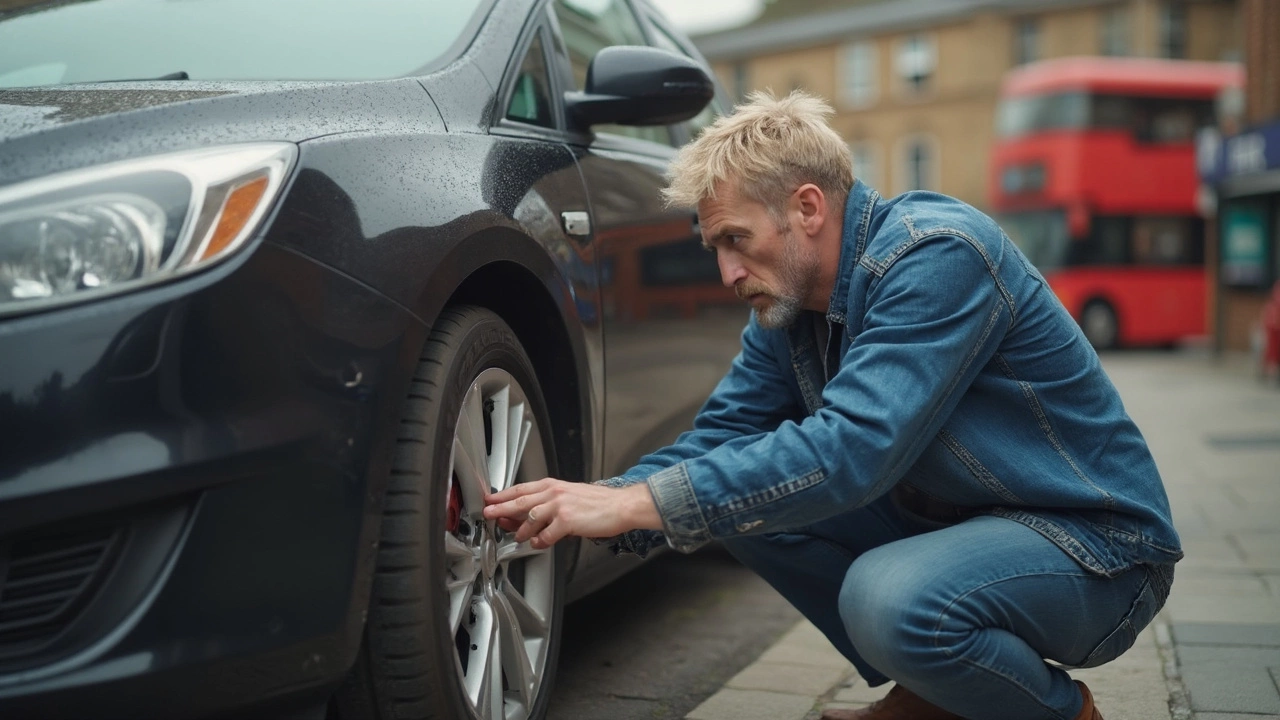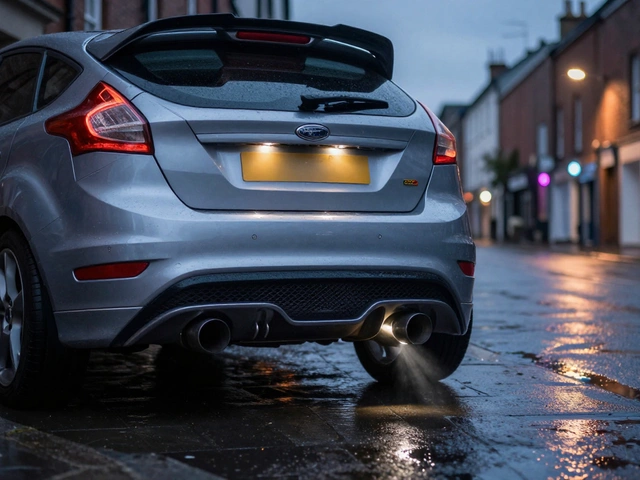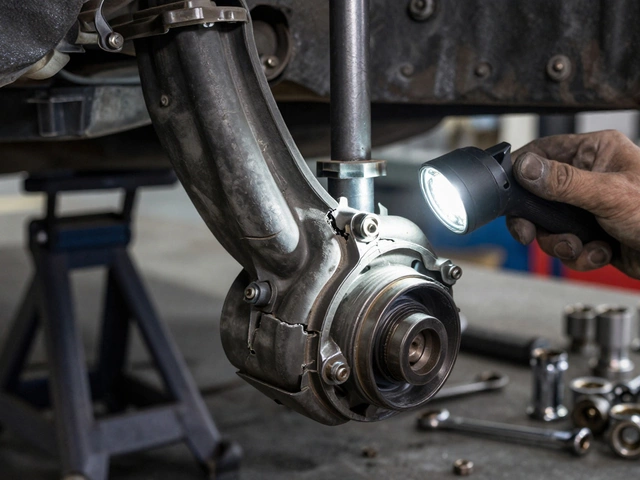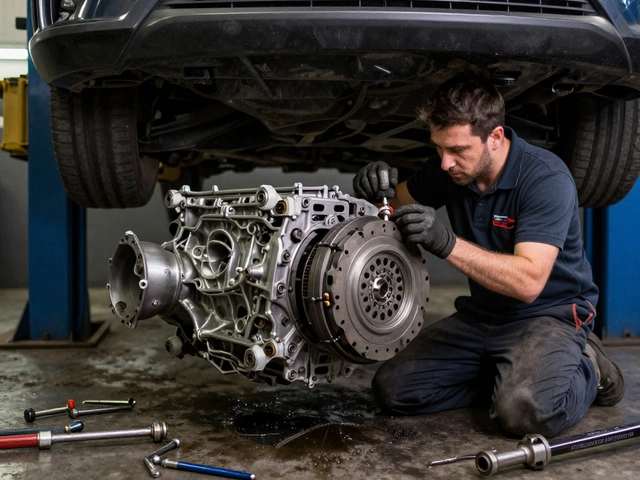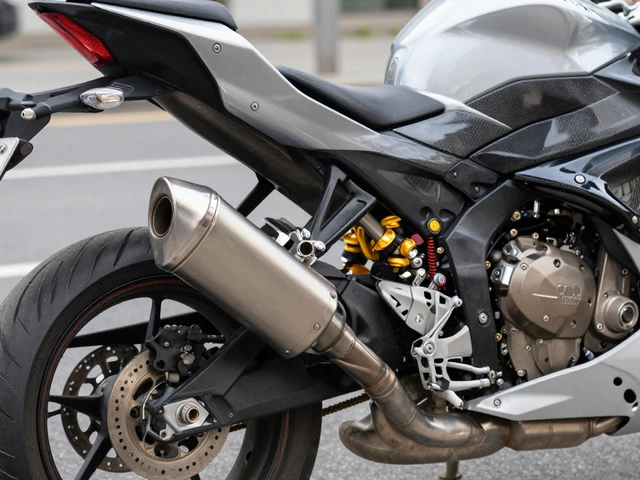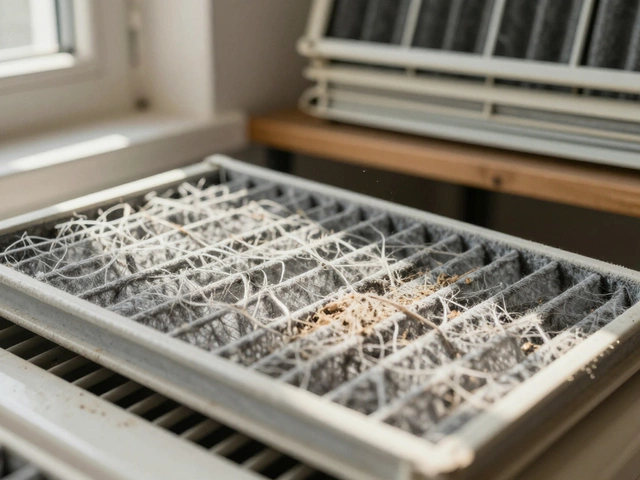Worn Brake Pads: Signs, Risks, and What to Do Next
When your worn brake pads, thin or damaged friction material on your car’s brake calipers that stops the rotors when you press the pedal. Also known as brake lining, they’re one of the most critical safety components in your vehicle. If you hear a high-pitched squeal, feel vibration in the pedal, or notice your car taking longer to stop, you’re not imagining things—your brake pads are likely worn down.
Brake pads don’t last forever. Most last between 25,000 and 70,000 miles, depending on your driving style, road conditions, and brake quality. But it’s not just about mileage. brake rotors, the metal discs that the pads clamp onto to slow your car can wear unevenly if pads are ignored, leading to costly resurfacing or full replacement. And if you keep driving with metal-on-metal contact, you risk damaging the calipers, brake lines, or even the wheel bearings. brake noise, unusual sounds like grinding, squeaking, or clicking when braking is often the first red flag—don’t wait until it turns into a dangerous delay in stopping distance.
Some drivers think they can stretch out brake pad life to save money, but that’s a false economy. A single set of new brake pads costs less than a new rotor. And if you wait too long, you could end up paying for both. Plus, worn pads reduce your control in wet or emergency stops. It’s not just about fixing a part—it’s about keeping you and everyone around you safe. You don’t need a mechanic to spot the early signs. Check your pads visually through the wheel spokes—if you see less than 1/4 inch of material, it’s time to act. Listen closely when you brake. Feel for pulsing or pulling to one side. These aren’t vague warnings—they’re clear signals your car is begging for help.
Below, you’ll find real-world guides from drivers and mechanics who’ve dealt with exactly this issue. From how to tell if you can skip rotor replacement to what grinding noises really mean, these posts give you the facts without the fluff. You’ll learn how to spot trouble before it turns into a breakdown, and how to make smart, affordable decisions when it’s time to replace your brakes.
